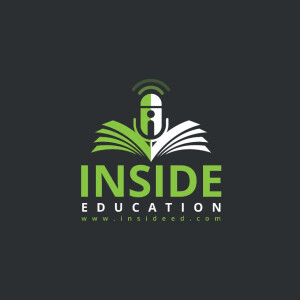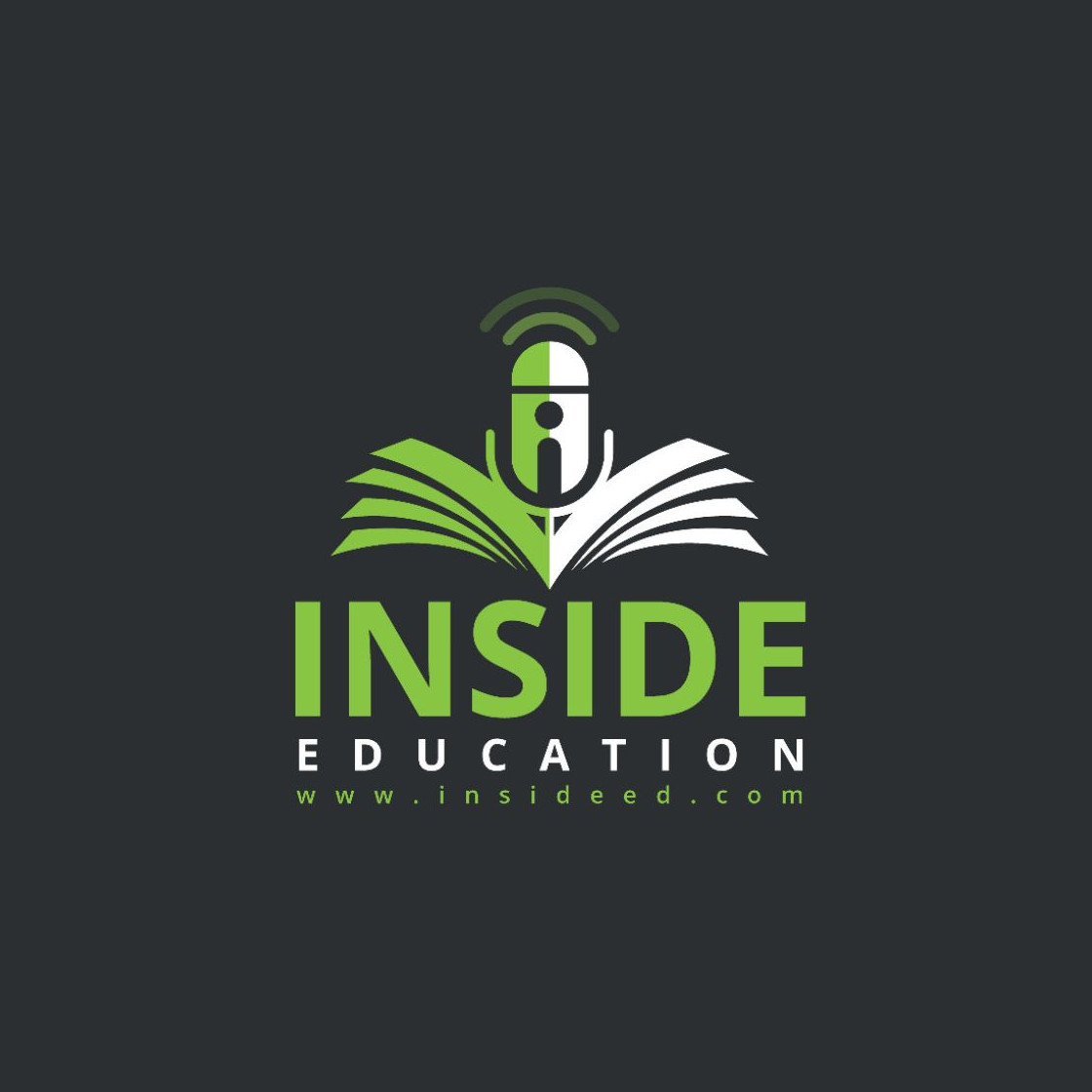
Episodes

Thursday Dec 19, 2024
Thursday Dec 19, 2024
Presented and produced by Seán Delaney.
On this week's podcast I speak to Professor Sonia Cabell who is an associate professor of Reading Education in the School of Teacher Education and the Florida Center for Reading Research at Florida State University. She was a keynote speaker at the Literacy Association of Ireland conference on 9 November 2024. Among the topics we discussed are the following:
- How Marcia Invernizzi, co-author of Words their Way introduced her to the idea of doing a doctorate.
- Laura Justice was her dissertation adviser.
- She became interested in preventing reading difficulties through interventions in the pre-school to second grade years.
- More teachers today are consulting original research on literacy than twenty or twenty-five years ago. “If you know better, then you do better.”
- Teacher education programmes frequently don’t teach student teachers how to consume research.
- An important trait for teachers to develop is to be curious about what the evidence says about “this” practice and being open to what the evidence says as reported in trusted journals that translate the research well.
- She recommends The Reading Teacher and The Reading League Journal as sources of accessible reliable information for teachers.
- She likes Scholastic’s The Science of Reading in Practice series.
- Don’t make one person a guru. Listen to different voices and compare them.
- Jeanne Chall refers to the transition of “learning to read to reading to learn” as a stage of development and not as a way to intervene (in the teaching of reading).
- A good eight-year-old reader would be decoding fluently (their grasp of the alphabetic code continues to increase) so they can focus their attention on what the text means and they should be continuing to develop fluency in their oral reading.
- Scarborough’s Reading Rope.
- Strands of language comprehension: Background knowledge, perceptive and expressive vocabulary, verbal reasoning (inferential thinking and abstract thinking), language structures (syntax), and literacy knowledge (understanding different kinds of genres).
- John Guthrie’s work on Concept-Oriented Reading Instruction.
- James S. Kim of Harvard University and his (Model of Reading Engagement) MORE assessment.
- The inextricable link between knowledge and oral language skills and can be built together in young children.
- In the interactive read-aloud context you are exposing children to the formal language of books, which is critical because of the formal language structure of books (syntax and vocabulary).
- How to Teach Your Baby to Read By Glenn Doman.
- Self productivity by Cunha and Heckman.
- It’s not just where you start in pre-school that counts but the rate of skill growth in oral language and decoding and subsequent writing; skills beget skills in early literacy.
- “Our ability to read becomes really stable, really early.”
- “There is power in setting the stage and setting the stage early.”
- She would like to see all teachers, including early years teachers, getting the respect and professionalism they deserve
- Her realisation of the importance of oral language.
- The “strive for five” framework, developed with Tricia Zucker. How do we help teachers have conversations with students that are meaningful and that expand students’ language in ways.
- Teacher asks an open-ended question (turn 1)
- Student responds
- Teacher can scaffold upwards and provide more challenge through another question or scaffolds downwards, and use an either/or question or similar. This third step is the most critical turn in the sequence.
- Student responds
- Teacher wraps it up
- Revoicing
- Phrase “Strive for Five” was coined by David Dickinson
- When implementing the CHAT programme (Children and Teachers together led by Laura Justice) When teachers tried to become conversationally responsive partners, teachers could change some aspects of their language use but the things that were more difficult to change were some of the most important aspects that needed to change.
- The Learning Language and Loving It program from The Hanen Center.
- Pre-K on My Way from Scholastic.
- When you give children and teachers something to talk about, you can build their language more easily.
- Science lends itself to disciplinary language and to meaningful ideas.
- Promotion of comprehension is all in children’s oral language skills.
- Both knowledge and comprehension strategies are important. Monitoring comprehension is also important.
- It is important for parents to read to children and to talk about what they’re reading and viewing things together.
- We learn language through warm and responsive relationship. This applies in the home and in school (especially in the early grades). Dr. Bob Pianta has studied this area. He created the classroom assessment scoring system. The interactions must be combined with explicit literacy teaching.
- How mothers’ impact on literacy has been studied more than the impact of fathers.
- Criteria she uses when selecting texts to read aloud in school: Begin with your purpose (e.g. building knowledge and language).
- Why she likes The Giving Tree by Shel Silverstein and The Lion, the Witch and the Wardrobe by C.S. Lewis.
- How she carries out her (mostly quantitative) research: randomised control trials (Core knowledge language arts programme Tricia Zucker from the University of Texas), observational studies, and survey research. How she organises a randomised control trial in education.
- Her research is funded by the Institute of Education Sciences. Other sources of funding in the United States include the National Institutes of Health and the National Science foundation.
- Who educational research is for and how it helps.
- Research in early years literacy today needs to go beyond what works to why it works and who it works for.
- A researcher shouldn’t be trying to prove themselves right but to prove themselves wrong.
- Shayne Piasta, Ohio State University suggests having a journal of null effects.
- Writing is central to what she does. She feels like she has not worked for a day until she has pushed forward a manuscript for publication. If it’s about finding time to write, it will never happen! She is a writer as part of what she does and she builds around that. She stacks meetings and schedules no meetings before noon.
- She was influenced by the work of Linnea Ehri and Susan Neuman.
- This article about the impact of a content rich literacy curriculum is now available freely online.
Version: 20241125

No comments yet. Be the first to say something!